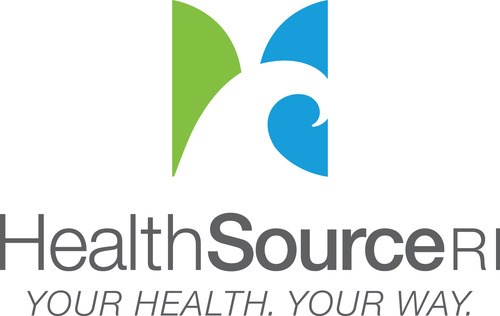PROVIDENCE – President Donald Trump’s administration is temporarily halting $10.4 billion in Affordable Care Act risk management payments to insurers. The move could have a similar destablizing effect to the government’s October 2017 halt to cost sharing reduction payments to insurers. When the administration made that move, HealthSource R.I. shifted the extra costs to Silver-level insurance plans on the health insurance exchange, which in turn triggered increased use of federal premium subsidies. This time, however, it does not appear as if that is an option.
“Really, the solvency of the market is at risk,” said Kyrie Perry, spokesperson for HealthSource.
Risk management payments had been intended to blunt the cost to insurers from taking on less healthy customers due to accepting both healthy and sicker people as the ACA directs, with some insurers paying others based on the relative riskiness of their insured pools. For instance, Neighborhood Health Plan of Rhode Island owes Blue Cross & Blue Shield of Rhode Island approximately $7.6 million in the individual market alone.
The payments are factored into the 2019 rate increases insurers asked for in May.
In October 2017, when the Trump administration cancelled CSR payment, Rhode Island’s Office of the Health Insurance Commissioner cooperated with insurance companies to direct increases from discontinued CSRs onto HSRI silver plans, which the ACA requires the federal government to subsidize, returning the cost back to the federal government.
A similar solution isn’t likely with the risk-sharing payments, because they are based on the market itself, not a particular product.
Perry said HSRI and OHIC are weighing their options, and meeting Monday to figure out the best response.
“We are still unpacking this. It is a surprise to us. It is unnecessary and destructive,” Perry said. She added that it’ll likely force insurers to raise rates if they are not restored.
“Neighborhood is currently reviewing the impact of CMS’s decision to suspend the “risk adjustment” program,” said Elizabeth McClaine, Director of Operations & Strategy for Commercial Products. “Our 2019 rates have all been filed with the Office of the Health Insurance Commissioner. We will remain vigilant of any new state or federal guidance pertaining to this decision.”
The decision stems from two recent court decisions in cases challenging the legality of the risk-sharing payments. In Massachusetts on Jan. 30, a U.S. District Court ruling in Minuteman Health vs. the U.S. Department of Health and Human Services judged the risk sharing payment process was not arbitrary nor capricious. However, on Feb. 28, United States District Court for the District of New Mexico issued a decision in New Mexico Health Connections vs. the U.S. Department of Health and Human Services invalidating use of the statewide average premium by the Centers for Medicare & Medicaid Services in the established risk adjustment transfer formula.
“The ruling prevents CMS from making further collections or payments under the risk adjustment program, including amounts for the 2017 benefit year, until the litigation is resolved,” according to a release from CMS.gov.
“We were disappointed by the court’s recent ruling. As a result of this litigation, billions of dollars in risk adjustment payments and collections are now on hold. CMS has asked the court to reconsider its ruling, and hopes for a prompt resolution that allows CMS to prevent more adverse impacts on Americans who receive their insurance in the individual and small group markets,” said CMS Administrator Seema Verma.
Rob Borkowski is a PBN staff writer.













